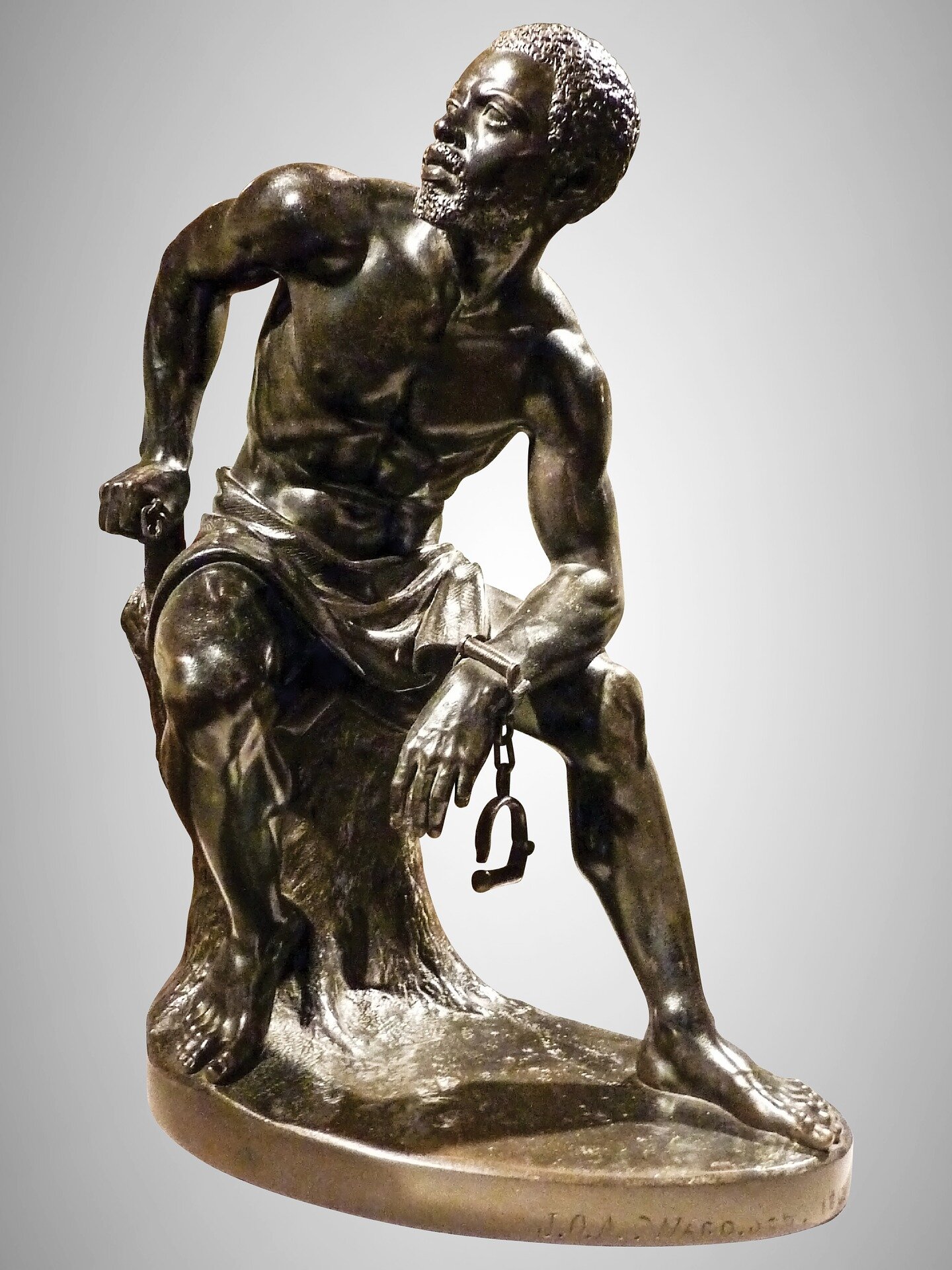Juneteenth
“We are not free till all men are free.”
Growing up in my small town, the 4th of July was always the biggest and most exciting event of the summer. The grills would be all fired up, potato salad chilling in the fridge, and my Aunt Edna's best dessert was still warm on the stove. The kids just couldn’t wait till the sun went down so they could light up those boxes of sparklers. Across the yards, throughout the neighborhood, you could see the twirling and swirling of these sparkling sticks lighting up the night. This holiday was all about family gatherings and having fun. We knew the history of Independence Day – that the new world colonies won The Revolutionary War over the British, establishing their freedom as a country.
However, this country's founders, who fought so hard for their freedom, continued to hold others in bondage under this flag of “freedom.” That was 1776. It would be 87 more years before a designated few of our ancestors were deemed free with the signing of the Emancipation Proclamation by Abraham Lincoln in January 1863. This Proclamation gave freedom just to those in the union-occupied confederate states (except Tennessee and Texas) as the Civil War between the North and South continued. Two years later, the war ended, and all slavery in the United States was declared illegal. It was not until June 19th, 1865, that news finally reached Galveston, Texas, announcing that the war had ended, and all enslaved people were now free. From that day forward, June 19th became known as Freedom Day for African Americans, the day to celebrate the emancipation of the enslaved. Why then have African Americans celebrated someone else’s Freedom Day and not our own?
Slave owners were not quick to tell their slaves that they were now free even after violating federal laws to have slaves. They continued to perpetuate the notion that the only freedom to be celebrated in America was their independence from Great Britain (4th of July). But this was not our Freedom Day. Frederick Douglass, abolitionist, and former slave, said it best: “slaves owed nothing to and had no positive feelings towards the founding of the United States... What, to the American slave, is your 4th of July? I answer - a day that reveals to him, more than all other days in the year, the gross injustice and cruelty to which he is the constant victim.”
However, like my family, millions of freed slaves and their descendants continued to celebrate the 4th of July and not Juneteenth. Like my friend Sheila Benton, some never even heard of Juneteenth until recent years because no one taught them about this day or its significance to African Americans. Sheila found out about our Freedom Day from one of the seniors at the center she attended. As others were leaving to prepare to celebrate Independence Day, this senior announced that she never celebrated the 4th of July because her Freedom Day was Juneteenth. Sheila was shocked because she had never heard about this day. Her fellow senior then directed Sheila to research it for herself. From that day forward, Sheila vowed to educate her family and others about Juneteenth. She also no longer celebrates the 4th of July, which had been one of her family's most anticipated celebrations. Sheila changed my focus about our Freedom Day when she said, "We celebrate St. Patrick's Day, Cinco de Mayo, and 4th of July. How could we neglect the most important day in America for our people?"
One could argue that dates in federal records would determine our day of freedom. That would be when President Lincoln signed the Emancipation Proclamation, January 1st, 1863, or the day slavery in America became illegal when the 13th Amendment was added to the Constitution, January 1st, 1865. But, in the words of Dr. Martin Luther King, Jr., “ We are not free till all men are free.” It was not until June 19th, 1865, that all African Americans finally received news of their Freedom. Therefore, it is appropriate that we honor this day of African American Independence and educate those who need to know its importance.
“When you educate one person, you can change a life. When you educate many, you can change the world.”
Let each of us commit to do our part to help change the world by telling our own stories. Every Black life story matters.



